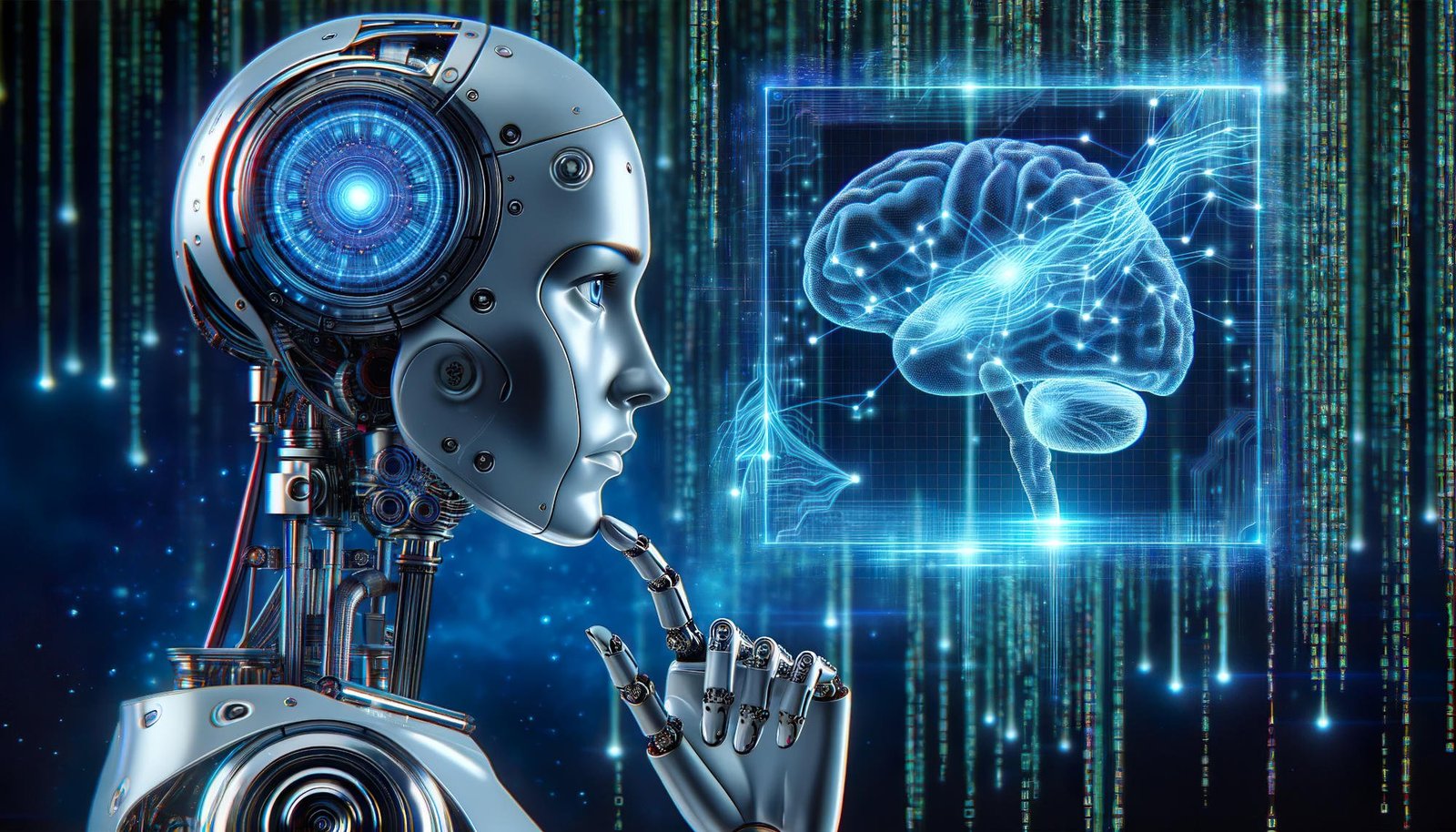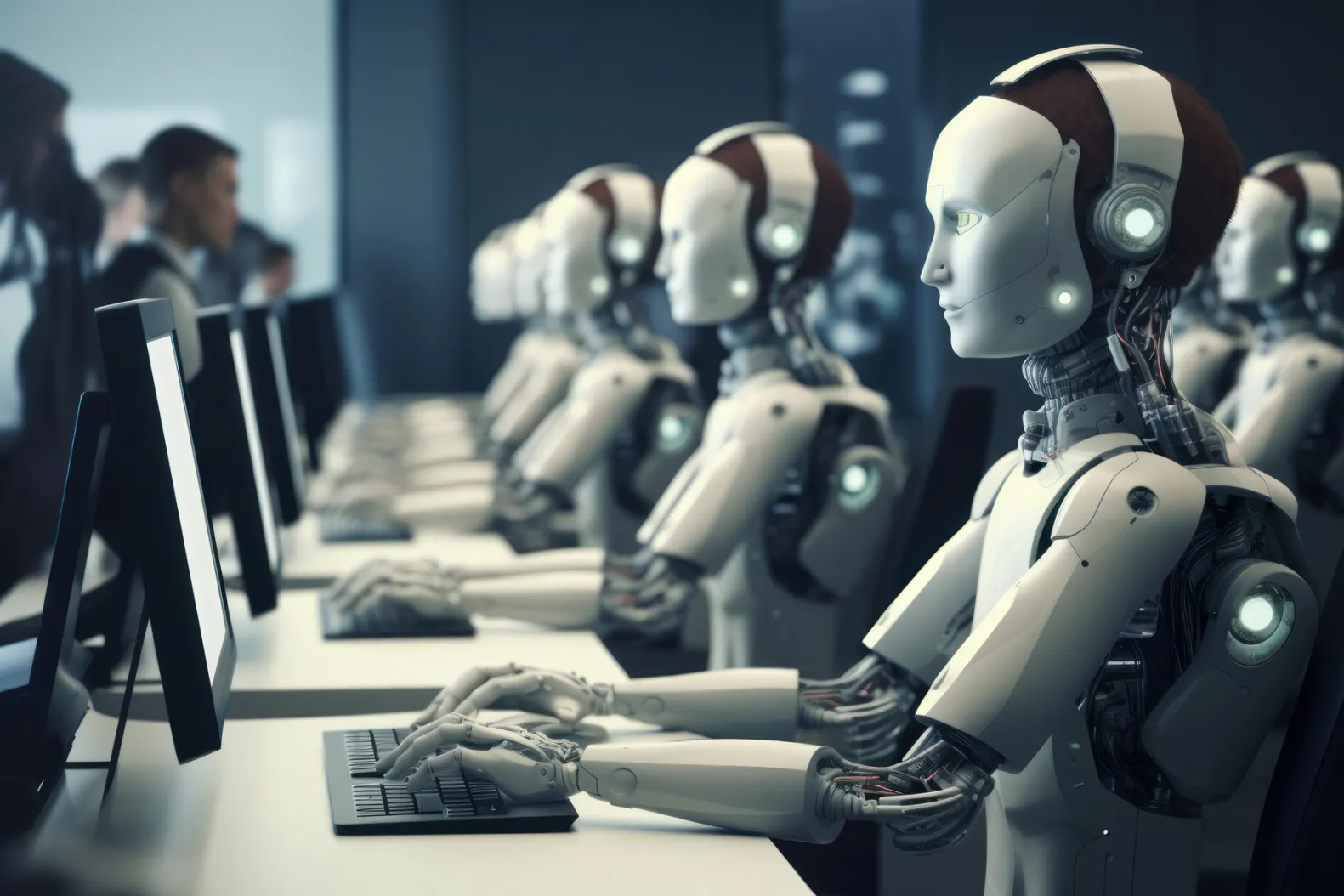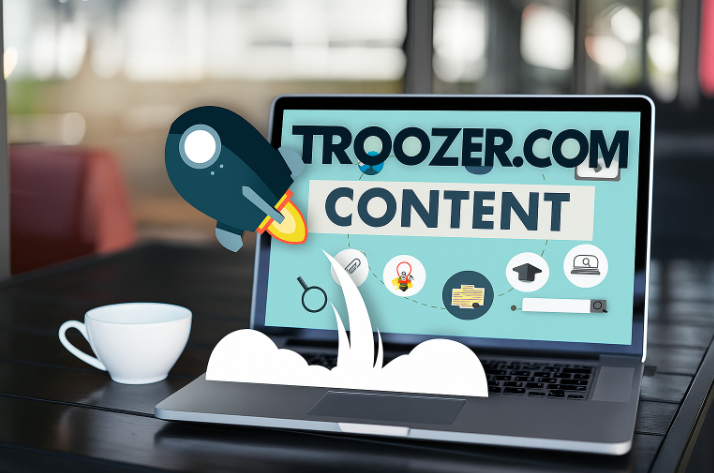In recent years, AI, or Artificial Intelligence, has become more than just a buzzword—it has emerged as a transformative force reshaping industries, societies, and even the way we perceive the world. Once confined to the realm of science fiction, AI is now an integral part of our daily lives. From smartphones and smart homes to healthcare and finance, the reach of AI continues to expand at an unprecedented pace.
This article explores how AI is revolutionizing various aspects of life, the opportunities and challenges it brings, and what the future may hold for this rapidly evolving technology.
Understanding AI: More Than Just Robots
At its core, AI refers to the simulation of human intelligence in machines. These machines are programmed to think, learn, and make decisions, often improving over time. The term encompasses a range of technologies, including machine learning, natural language processing, robotics, and computer vision.
Many people associate AI with robots or humanoid assistants, but it’s much broader than that. Every time you use Google Search, ask Siri a question, or receive a product recommendation on Amazon, you’re interacting with AI.
AI in Everyday Life
One of the most profound impacts of AI is how seamlessly it integrates into our everyday lives. From the moment we wake up, AI may already be influencing our day—curating our news feeds, adjusting our thermostats, and even suggesting routes with less traffic during our commute.
Voice assistants like Alexa and Google Assistant use AI to understand and respond to natural language. Streaming platforms like Netflix use AI algorithms to analyze our watching habits and recommend shows or movies we might enjoy. Social media platforms leverage AI to personalize content, moderate posts, and even predict user engagement.
AI in Healthcare
Perhaps one of the most exciting applications of AI is in healthcare. AI technologies are being used to diagnose diseases, analyze medical images, and develop personalized treatment plans. In some cases, AI systems have outperformed doctors in detecting conditions like skin cancer and diabetic retinopathy.
Furthermore, AI helps in drug discovery by analyzing vast datasets to identify potential compounds for treatment. This not only speeds up the process but also significantly reduces costs.
Wearable devices also use AI to monitor vital signs in real time, alerting users and doctors of any irregularities. This proactive approach can save lives by enabling early interventions.
AI in Business and Finance
Businesses across the globe are using AI to streamline operations and enhance customer experiences. Chatbots powered by AI provide 24/7 customer support, handling inquiries efficiently. In finance, AI is used for fraud detection, algorithmic trading, and credit scoring.
AI tools analyze massive amounts of financial data to make forecasts, assess risk, and offer investment strategies. This not only enhances accuracy but also allows for real-time decision-making.
Moreover, marketing departments are utilizing AI to study consumer behavior, predict trends, and create targeted advertising campaigns. The ability of AI to analyze data and generate insights has become a game-changer for competitive business strategy.
Education and AI
Education is another field undergoing a digital revolution, thanks to AI. Adaptive learning platforms use AI to personalize lessons based on a student’s performance, strengths, and weaknesses. This allows for a more customized and effective learning experience.
Teachers also benefit from AI, which can assist in grading assignments, identifying struggling students, and even suggesting curriculum improvements. As virtual classrooms become more common, AI will continue to play a pivotal role in shaping the future of education.
Ethical Concerns and Challenges
Despite its benefits, AI is not without its drawbacks. One of the biggest concerns is the potential for job displacement. As AI systems become more capable, there is a risk that many jobs, especially those involving routine tasks, could be automated.
Privacy is another concern. AI systems often rely on vast amounts of data, which can include sensitive personal information. Ensuring this data is handled ethically and securely is crucial.
There are also questions about accountability. If an AI system makes a wrong decision—like a self-driving car causing an accident—who is responsible? Developers, manufacturers, or the AI itself?
Bias in AI is another pressing issue. If the data used to train AI systems reflects historical inequalities or discrimination, those biases can be perpetuated or even amplified. It is essential for developers to ensure fairness, transparency, and accountability in their AI systems.
The Future of AI
The future of AI is filled with possibilities. As technologies advance, we can expect AI to become even more integrated into our lives. Autonomous vehicles, smart cities, and AI-powered virtual assistants could become the norm.
In the coming years, AI might also make significant contributions to solving global challenges like climate change, food scarcity, and pandemics. By analyzing complex datasets, AI could help us find patterns and solutions that are otherwise difficult to detect.
However, for AI to reach its full potential, governments, companies, and individuals must work together to establish ethical guidelines and promote responsible innovation.
Conclusion
There’s no denying that AI is one of the most revolutionary technologies of our time. It is changing how we live, work, and interact with the world around us. From healthcare to education, business to entertainment, AI is enhancing productivity, improving lives, and opening new doors of opportunity.
But with great power comes great responsibility. As we continue to embrace AI, it’s essential to remain vigilant about its ethical implications, biases, and impact on society. Only by fostering an inclusive and responsible approach can we ensure that the AI revolution benefits all of humanity.
In a world increasingly shaped by algorithms, AI isn’t just the future—it’s the now. And understanding it is the first step in shaping it for the better.



